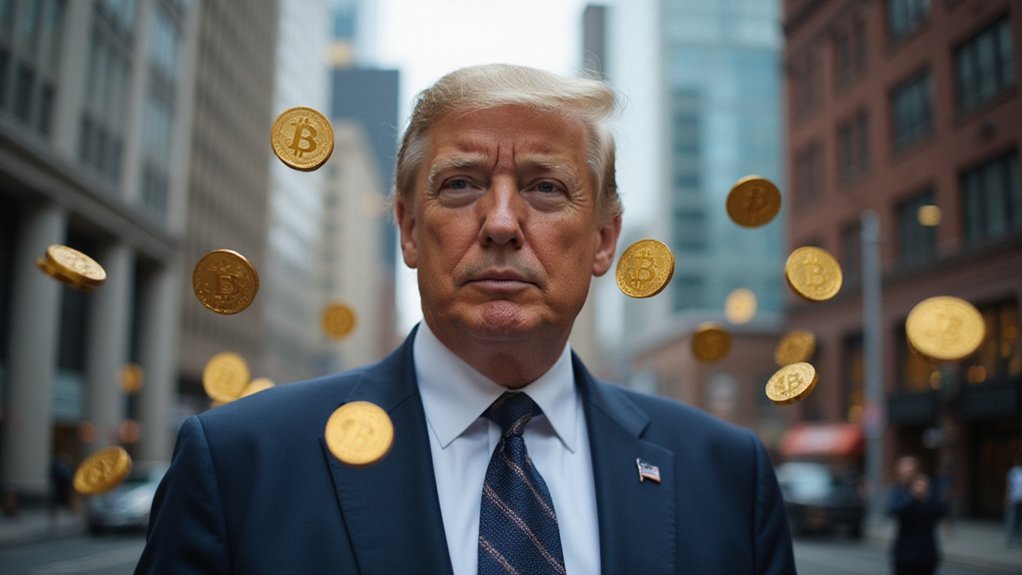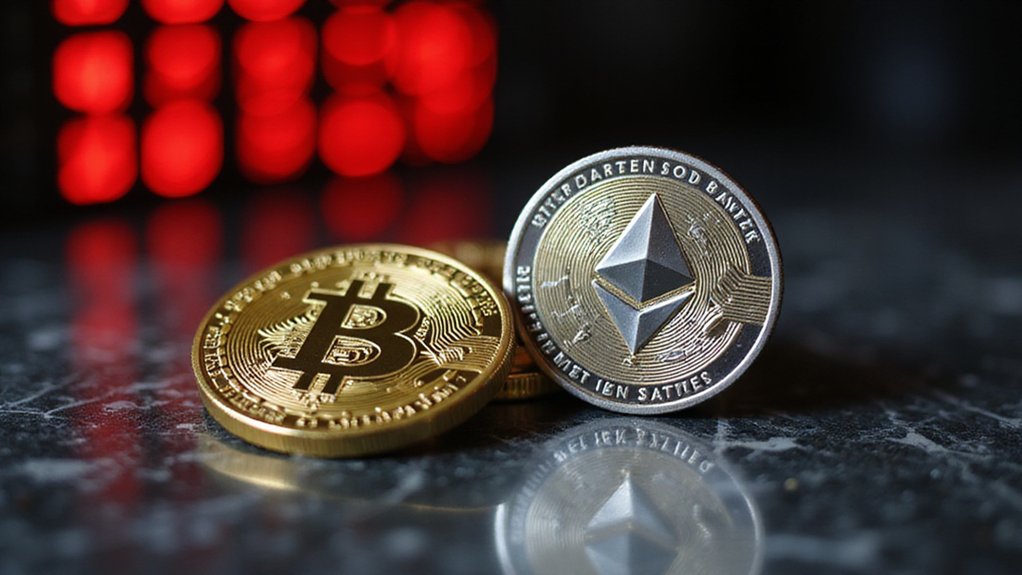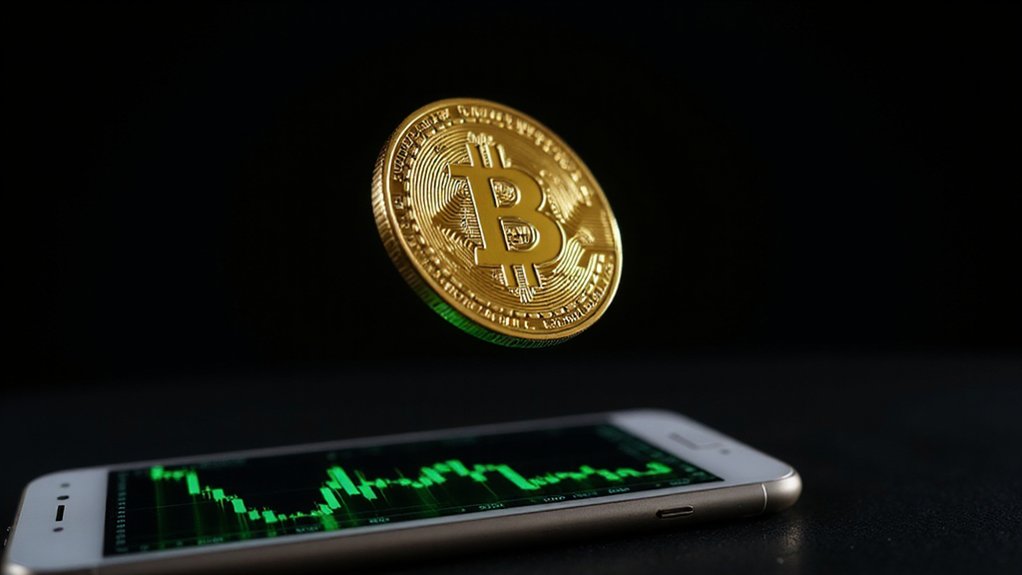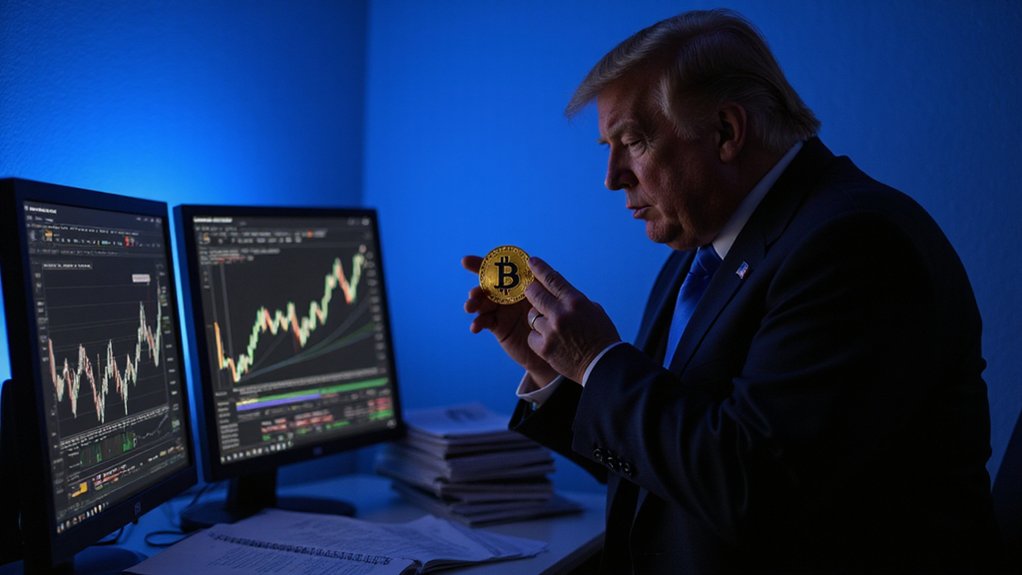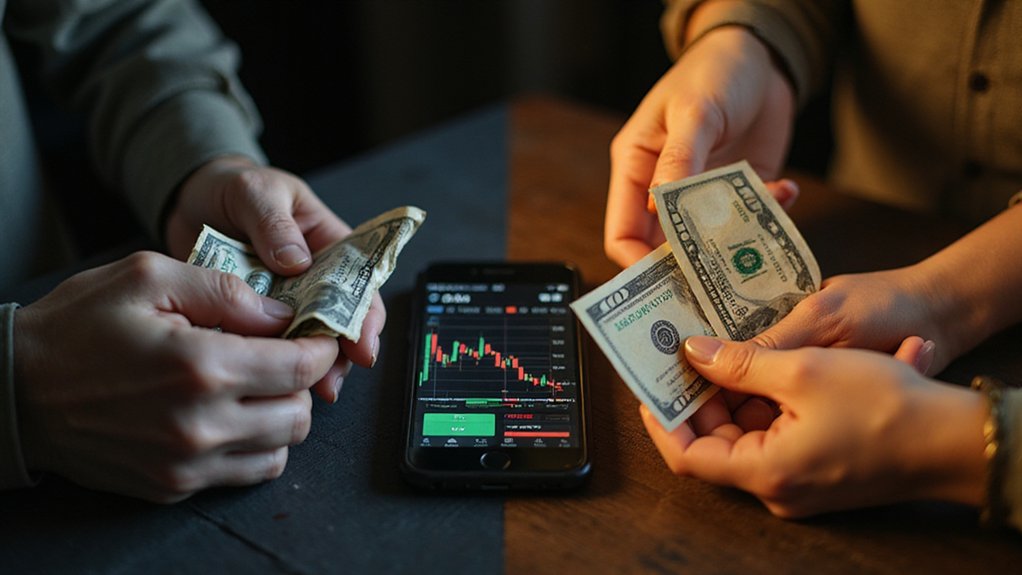While most family businesses might pivot toward real estate or hospitality after facing banking ostracism, Eric Trump has steered the Trump Organization‘s financial future toward an entirely different frontier: cryptocurrency mining and digital asset accumulation.
The younger Trump’s transformation from real estate scion to crypto evangelist stems directly from the 2021 “debanking” crisis, when major financial institutions severed ties with the Trump Organization following the January 6 Capitol events. Rather than quietly seeking alternative banking relationships, Eric Trump reframed this exclusion as validation of cryptocurrency’s necessity—positioning digital assets as the antidote to what he characterizes as the “weaponization” of traditional financial services.
His primary vehicle, American Bitcoin, emerged from a strategic restructuring of American Data Centers, absorbing mining equipment from Canadian operator Hut 8 to create what Eric describes as a “highly efficient bitcoin accumulation platform.” The company combines active mining operations with aggressive treasury management, fundamentally mimicking MicroStrategy’s playbook of converting corporate cash reserves into bitcoin holdings.
The strategy extends beyond domestic operations. Eric Trump has orchestrated expansion into Asian markets, specifically targeting acquisitions of listed firms in Japan and Hong Kong—jurisdictions significantly more receptive to cryptocurrency integration than traditional American financial centers. This geographic arbitrage reflects both pragmatic business sense and pointed commentary on U.S. regulatory hostility.
Meanwhile, World Liberty Financial serves as the family’s flagship crypto venture, valued at $4.5 billion and issuing both its proprietary WLFI token and USD1 stablecoin. The platform’s March 2025 token sale generated $550 million, attracting investments from crypto luminaries including Justin Sun, while securing over $2 billion in total fundraising for bitcoin treasury development. Investors who participate in the platform’s token ecosystem may also benefit from staking rewards, which typically provide 5-15% annual returns for securing the network through proof-of-stake validation.
Eric Trump’s public pronouncements carry particular bite: he’s declared that traditional banks must embrace cryptocurrency within a decade or face obsolescence. His crypto advocacy represents a complete philosophical reversal, considering he previously approached Bitcoin with deep skepticism before conducting extensive research that transformed him into a vocal supporter. Despite his cryptocurrency focus, Eric continues overseeing 25 Trump Organization property ventures, maintaining the family’s traditional real estate empire alongside their digital asset revolution. Whether this represents genuine financial prophecy or elaborate revenge fantasy against former banking partners remains debatable.
What’s undeniable is that the Trump family has transformed political persecution into crypto opportunity, creating a multi-billion-dollar digital empire from the ashes of traditional banking relationships—proving that in modern finance, exile often precedes innovation.
